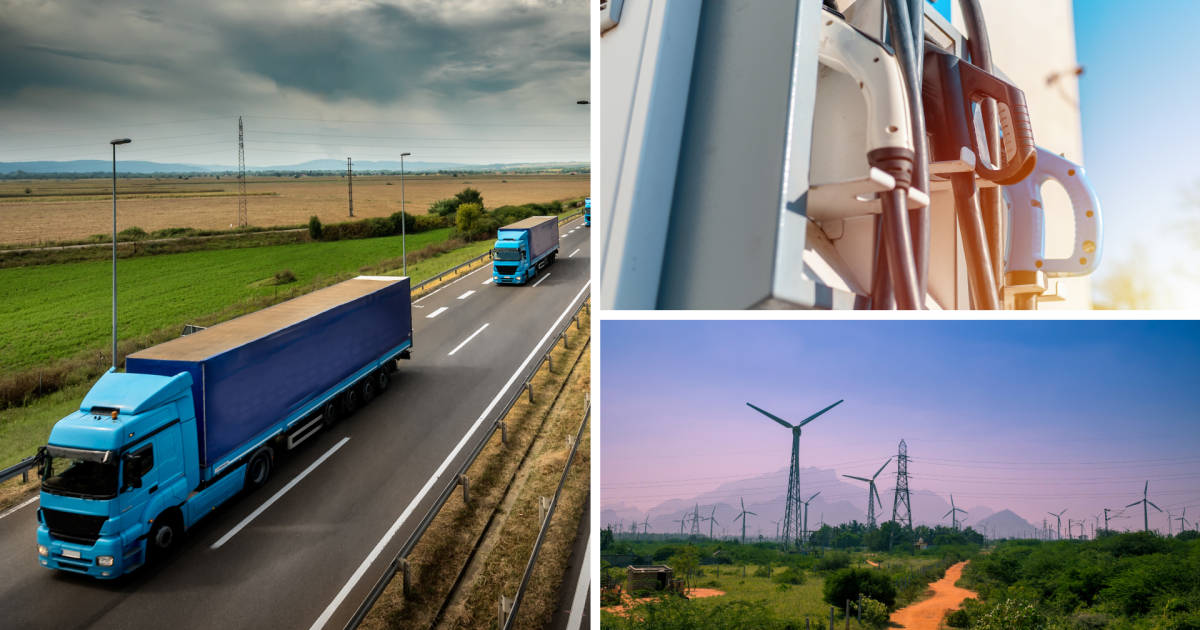The Climate Pledge’s approach to collaborative project development brings together some of the world’s top companies, local governments, and community stakeholders to partner on initiatives that help signatories meet their net-zero carbon commitments and inspire more sustainable decarbonization efforts. And in many cases, these projects provide blueprints for broader change across industries.
In Bengaluru, India, for example, signatories are cross-utilizing resources, knowledge, and expertise to develop a shared network of electric vehicle charging stations through the Joint Operation Unifying Last-mile Electrification Project (JOULE). The energy used at the charging stations will be matched with 100% renewable energy. By 2030, we expect about 5,500 last-mile EVs will utilize new charging hubs, save over 11.2 million liters of fuel, and abate an estimated 25,700 tons of carbon dioxide.
“The power of collaboration is exponential. When companies and leaders come together to make incremental changes to address global warming, the ripple effect can be transformative,” says Sally Fouts, Global Leader of The Climate Pledge. “The question we are constantly striving to answer is how can we make collaboration easier, faster, and scalable? I believe The Climate Pledge provides a pathway to do just that.”
The Climate Pledge community is full of companies that are sharing big ideas, taking action, and demonstrating the impact of collaboration. Joining the Pledge is more than a commitment to reach net-zero carbon emissions by 2040. It’s the chance to face an environmental crisis with leaders, to disseminate knowledge that can be acted on, and to shape a powerful legacy of how, as a community, we acted with urgency and resolve to save our planet.



